https://www.nybg.org/?p=71912&post_type=event&preview=1&_ppp=31e9aa613d
Friday, March 19, 2021, 11 a.m. – 12:30 p.m.
Herbaria, or collections of dried plants that usually include information about the place and time of their collection and the identity of the collector, have their roots in the 16th-century and are of vital importance to the study and taxonomy of plants. Recently, they have acquired additional value as tools for tracking biodiversity loss or even as windows into past ecosystems. While their primary purpose is scientific, herbaria also have rich historical and even aesthetic dimensions. This program will focus on the history and relevance of herbarium collections, addressing the contemporary importance of herbaria to science and conservation. Four speakers will explore humanistic angles by engaging with history, the history of the book, art history, and contemporary art, thus placing the discussion at the intersection of the arts and sciences.
Co-presented by the NYBG Humanities Institute and Dumbarton Oaks, in partnership with the NYBG William & Lynda Steere Herbarium
